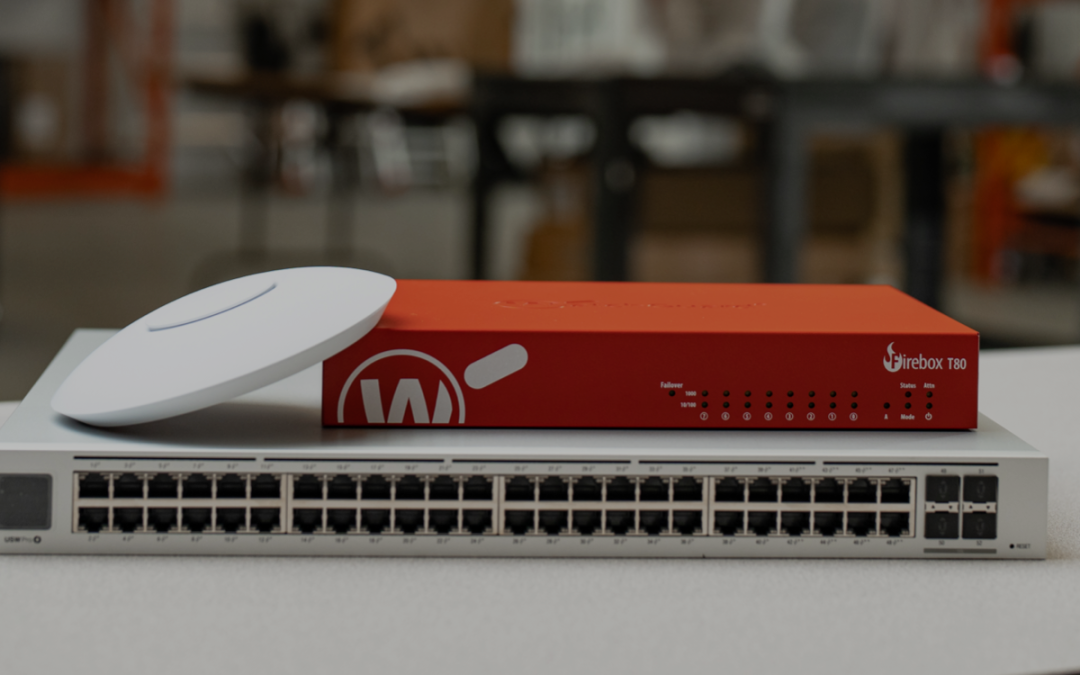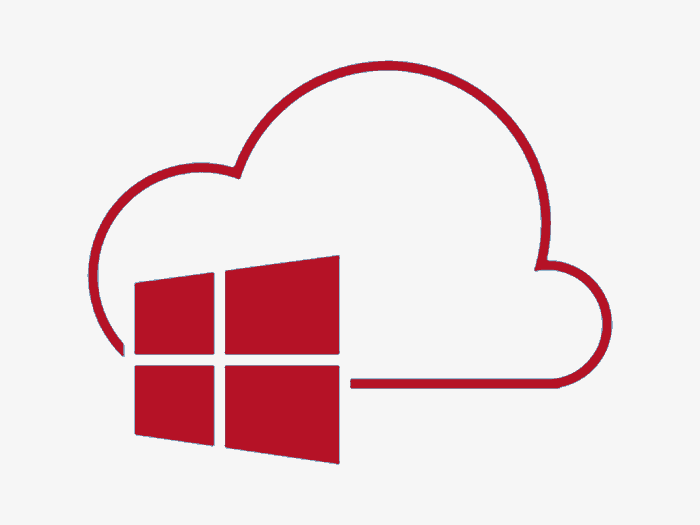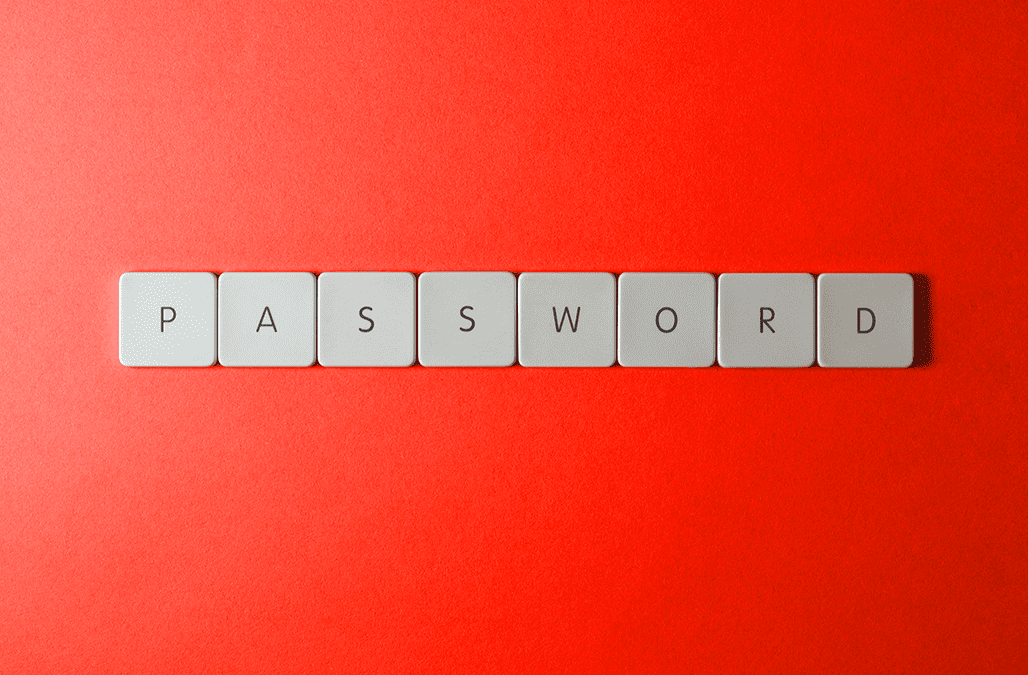
Understand the Components of a Security Assessment with ICS Data
What are the components of a security assessment at ICS Data?
At ICS Data, we offer detailed and comprehensive security assessments. Our assessment process is tailored to meet the unique needs of our clients, ensuring their ICS environments are protected against evolving cyber threats and compliant with relevant regulatory standards.
Our security assessment begins with a thorough asset identification and classification process, providing a clear understanding of the network’s structure and potential vulnerabilities. We then conduct a detailed risk assessment, evaluating potential threats, vulnerabilities, and the impact of possible security breaches. This step ensures that our clients are well-informed about the risks they face and the necessary steps to mitigate them.
A key component of our assessment is ensuring compliance with industry standards such as SOC2, HIPAA, or CMMC. Our team of experts examines existing security measures and identifies gaps that could lead to non-compliance. We provide actionable recommendations to address these gaps and enhance overall security.
Additionally, we emphasize the importance of robust incident response planning and regular audits. Our assessments include developing and refining incident response strategies to ensure quick and effective reactions to any security incidents. We also stress the need for maintaining detailed documentation to demonstrate compliance and support continuous improvement.
At ICS Data, our comprehensive security assessments are designed to provide clients with peace of mind, knowing their critical industrial systems are secure and compliant with industry regulations.




